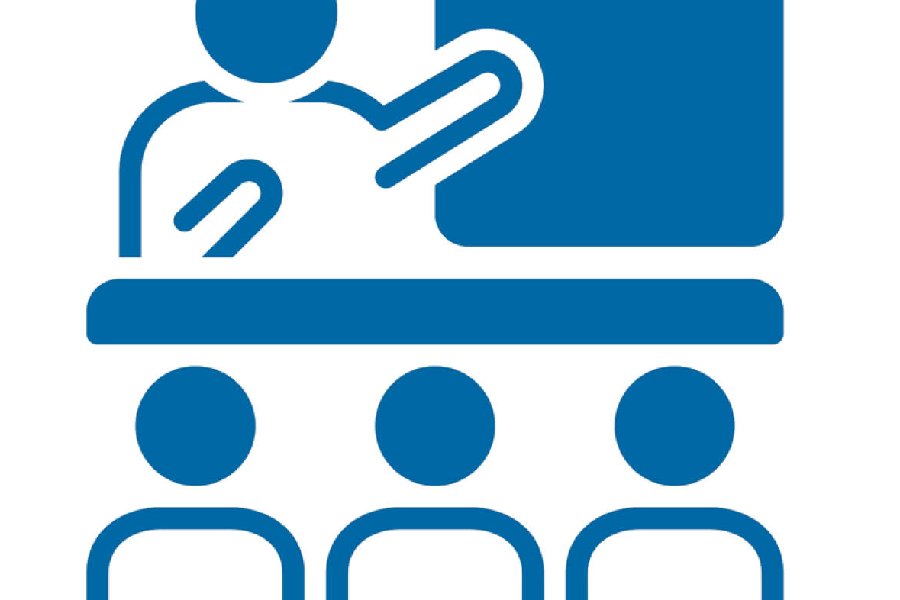Words like protest, procession, demonstration, justice, and sometimes even rape, have crept into the vocabulary of primary school children, teachers in several schools have noticed.
Some of these words were used in history classes and not beyond. Now, there is awareness about some of these words among the school’s youngest students, said a principal.
Children pick up words from what they hear and see around them and there is a surfeit of such words in the popular lexicon now.
A Class III student told her friends: “Yesterday, my father was late because there was a protest on the road.”
In another instance, a Class II girl drew a poster that read: “We want justice” with red paint on the paper. When her mother casually asked what the red marks stood for, the seven-year-old replied “blood”.
“In the context of what is happening in the city, children are figuring out the correlation between the word and the context. Earlier, many of these words, like justice, would be used in, say, the history class and not beyond but now there is awareness about it,” said Pratima Nayar, principal, junior school, Calcutta International School.
Nayar said when there is a demonstration and the school has to be closed early, children do understand the context.
Exposure to social media and the world around them has made children more aware, several teachers said.
“Children in the primary section might not have a social media account but their parents or elder siblings do and they are exposed to many things. We have seen words like demonstration, protest, justice, and sit-in added to their vocabulary. They might not be well versed with the meaning but they are using them,” said Mahua Chakravarty, headmistress, pre-primary and primary section of St Augustine’s Day School Shyamnagar.
Schools have also noticed children in Classes I, II or III drawing posters of a girl with a doctor’s robe, and at times with her dress in tatters.
Priyadarshinee Guha, vice-principal, Indus Valley World School, said many of these words were “unconsciously percolating” into a child’s vocabulary.
Psychiatrist Sanjay Garg said that if children were picking up and using these words, adults must put them in context without escaping the conversation.
“Children of age six or seven have been asking their parents what rape and justice are. We must understand that children are now exposed to a different world, whether through social media, television or what they see around them, and it has to be addressed. Puberty is setting in early, at the age of nine or 10, so children at a younger age have to be spoken about gender, consent and boundaries,” said Garg.
“Often it is the hesitation of adults which makes it difficult for them to address such issues which need to be done without beating around the bush,” he said.
It becomes the responsibility of adults to “contextualise” some words or concepts, he said.
“For example, if a child is talking about justice, a parent or a teacher, can use an example from a fable to help them understand, rather than avoiding the conversation,” said Garg.










